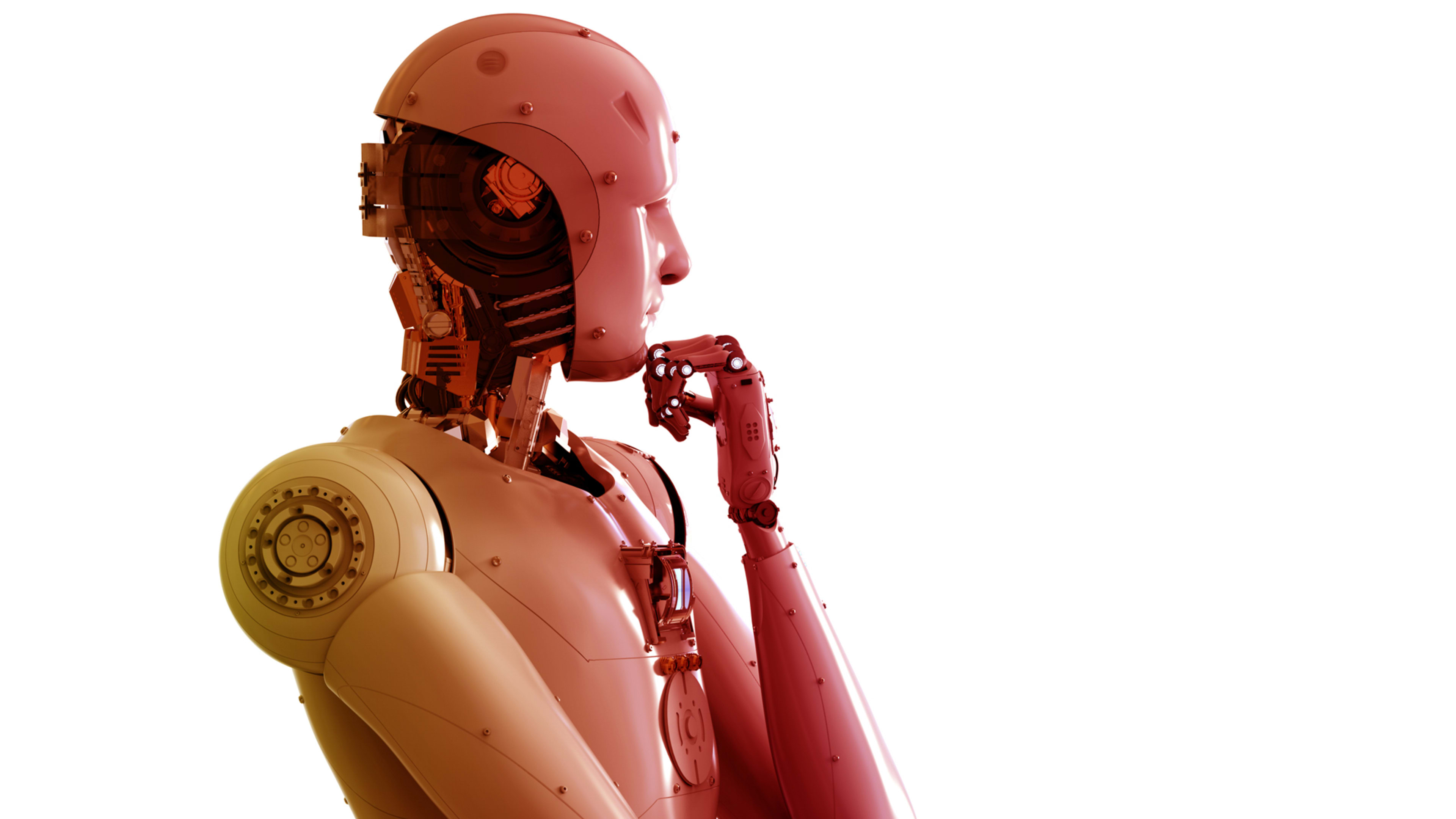Fixing the interview process and diversifying their workforce are top of mind at companies looking to add staff this year, according to LinkedIn’s Global Recruiting Trends. And some of them are turning to robots and chatbots to help.
LinkedIn’s new report surveyed 8,800+ recruiters and hiring managers on how these trends would impact hiring in 2018. Those polled indicated that AI is gaining steam because it’s a timesaver (67%), removes human bias (43%), and delivers the best candidate matches (31%). More than half of survey respondents also found AI to be most effective for sourcing candidates (58%), screening (56%), and nurturing candidates (55%).
Case studies outlined in the report show how companies like U.K.-based Vodaphone are tapping that power for interviewing over 50,000 candidates for its call center and customer service roles, which start with video interviews.
Once candidates record themselves answering standardized questions, “robots (aka computers programmed with advanced algorithms) analyze the interviews” across 15,000 different factors including body language and facial cues to vocal tone. If they pass muster with AI, they get invited to in-person interviews. The company says it’s cut hiring time in half and is more successful hiring for “attitude,” which isn’t always evident during a phone call.
Other companies like Deutsche Telekom AG and Sutherland are using chatbots to smooth the initial application process and improve the candidate’s experience. Bots can talk to candidates to filter out the ones who wouldn’t have a chance at the job, or they could keep the conversation going so good people don’t get away.
Both talent professionals and job seekers don’t have to worry that all this AI will make the process totally inhuman. “Paradoxically the more you use the technology, the more you can invest in the human side of the job,” the report’s authors write.
Recognize your brand’s excellence by applying to this year’s Brands That Matter Awards before the early-rate deadline, May 3.
